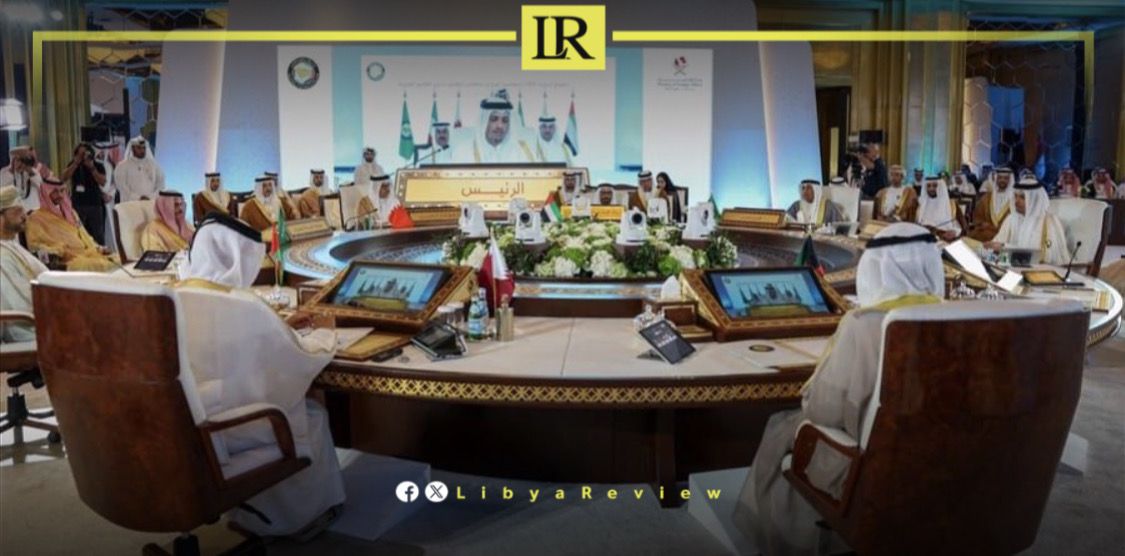The Gulf Cooperation Council (GCC) ministerial council has reiterated its support for Libya, endorsing a Libyan-led political solution and upholding United Nations Security Council resolutions. The council emphasised the importance of preserving Libya’s sovereignty, independence, and territorial integrity, while calling for an end to foreign interference in its internal affairs.
In its final statement, the council underscored the necessity for all foreign forces, fighters, and mercenaries to withdraw from Libyan territory. It also voiced support for United Nations efforts to achieve a political resolution, conduct elections, and unify state institutions.
The ministerial council welcomed the outcomes of a meeting facilitated by the Arab League in March, which brought together the President of the Presidential Council, the Speaker of the House of Representatives, and the Chairman of the High Council of State. This meeting aimed to bolster political settlement efforts geared towards holding presidential and parliamentary elections in Libya.
This reaffirmation by the GCC highlights the regional body’s commitment to backing Libya through its transitional phase. By advocating for a Libyan-owned and Libyan-led process, the GCC aligns itself with international calls for a comprehensive and sustainable solution to the crisis.
The GCC’s stance also reflects the broader international consensus on the urgent need for foreign entities to cease meddling in Libya’s internal matters. The continued presence of foreign forces and mercenaries is seen as a significant obstacle to peace and stability in the country.
The Gulf Cooperation Council, which includes Saudi Arabia, the UAE, Qatar, Kuwait, Bahrain, and Oman, has previously expressed support for the United Nations’ endeavors to find a political resolution in Libya.
Last March, the GCC issued a call for the removal of foreign forces and mercenaries from Libya, supporting United Nations’ efforts for a political solution, the organization of elections, and the strengthening of state institutions to meet the aspirations of the Libyan populace.
The Council encouraged all Libyan parties to adopt dialogue as the primary means of conflict resolution, emphasizing the importance of the country’s overarching interests and the promotion of development and prosperity. It confirmed its support for Libya’s political process and the relevant resolutions of the UN Security Council aimed at ensuring Libya’s security, stability, and sovereignty.
The meeting, led by Qatar’s Foreign Minister, Mohammed bin Abdulrahman Al-Thani, highlighted the GCC’s commitment to Libya and its political path in accordance with UN Security Council guidelines, with a focus on maintaining the country’s security, stability, and development, as well as preserving its sovereignty, independence, and territorial integrity.
The statement also noted Saudi Arabia’s decision to reopen its embassy in Tripoli, indicating a move towards normalization and support.


